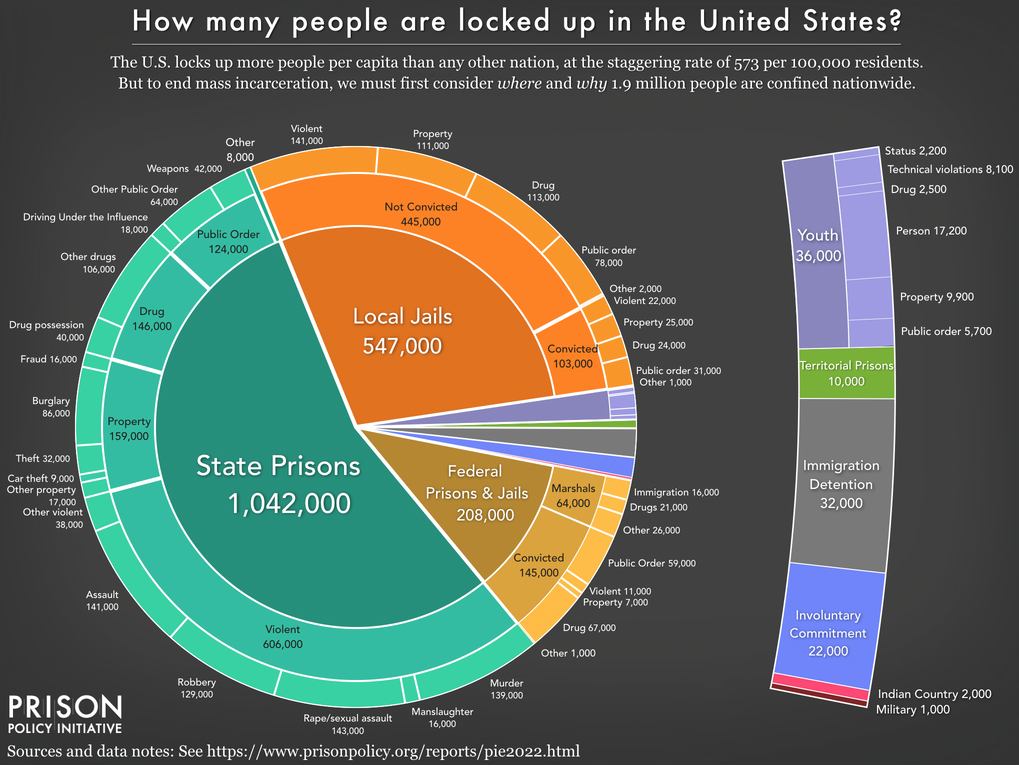Massachusetts is considering a Bill allowing current prisoners to donate their organs or bone marrow in exchange for a reduction in their sentence of 60 to 365 days. This raises serious concerns and a number of questions about the capability of prisoners to provide free and informed consent while incarcerated. Massachusetts argues that allowing living prisoner organ donation provides for the restoration of bodily autonomy for those incarcerated. Fundamental ethical questions arise here because providing prisoners with the choice between continued incarceration, or early release is not free consent.
The use of prisoner-donated organs has long been considered. Prisoners can already donate their organs and bone marrow to family members but for no reduction in their sentence for their trouble. Using executed prisoners’ organs, or those who have died of natural causes, or even paying prisoners have been subjects of historical and recent debate. There has been recognition that using prisoner organs, living or dead, is ethically and morally problematic.
While bone marrow and living organ donation can be a life-saving and life-enhancing treatment method, organ donation is considered a high-risk surgery. There are many immediate post-surgery risks, including pain, infection, hernia, bleeding, blood clots, wound complications and, in some rare cases, death. There is no systematic long-term data on the risks associated with living organ donation. This is of greater concern to the prisoner population, whose health is considered to be poorer than the general population. Indeed, the complexity of prisoner needs is well recognised, particularly concerning their physical and mental health, and issues are often exacerbated by the conditions of incarceration due to overcrowding, lack of resourcing and the mismanagement of medical care. Essentially, this Bill increases the vulnerability of an already disadvantaged population.
Additional issues arise in the reading of the criteria for donor eligibility – the Bill is exclusionary – many prisoners will be ineligible to provide donations if they have transmittable diseases such as HIV or hepatitis C, and donors need to be in good physical and mental health. While medical criteria are necessarily strict for donors, when applied to the prison population, this presents further inequity – it is not a choice for the many, only a few.
The Bill is also problematic for would-be donors post-incarceration. Ex-prisoners are highly vulnerable on release, and significant barriers exist to their (re)entry, including the complexity of drug use and abuse which has been well documented. Essentially, organ donation can have potential consequences to prisoner and ex-prisoner health that prison systems may not be best placed to manage – they are in danger of failing in their duty of care.
It would be remiss not to note that the Bill also fails to address ineligibility on the grounds of safety to the prisoner and the public. Thus, while there is no doubt of the benefits of organ donation for the recipient – in cases where the incarcerated are the donors, one must ask the question – at what cost? Arguably, the cost to the prisoner’s life expectancy and health far exceeds the benefit of early release. Rather, it places them at a more significant disadvantage than a non-incarcerated donor.







